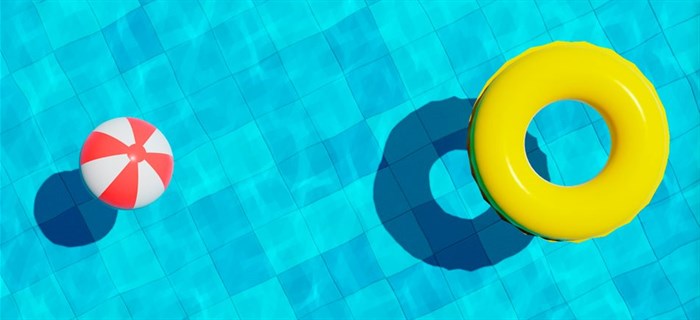
Top stories






More news











Marketing & Media
Chicken Licken bravely debones a rare phobia with their latest campaign
Joe Public 3 days




Self-care is defined as anything we do or refrain from doing with our well-being in mind, including anything that promotes our physical, emotional, mental, or spiritual well-being. Several organisations and researchers take a more health-oriented approach when defining self-care. According to the World Health Organization (WHO), self-care is important because it can help promote health, prevent disease, and help people better cope with illness, with or without the support of a healthcare provider. It includes all the steps an individual can take to manage stressors in life and take care of their health and well-being.
Having an effective self-care routine during the holidays but also throughout the year has been shown to have several essential health benefits. Some of these include:
Self-care can help you recharge. Anything that puts a smile on your face makes you feel good or relaxed and cared for, even if it's you caring for yourself. Try these proven self-care activities anytime, anywhere to ensure you take some time to nurture yourself – both mentally and physically – around the hustle and bustle of it all.
Schedule physical and mental self-care activities (exercise, meditation, a hobby you enjoy) at the same time each day so they become routine, or set a timer or alarm to remind yourself.
Sleep: Get at least seven to eight hours of sleep each night. Lack of sleep affects your emotions and physical well-being, especially when you suffer from underlying conditions.
Exercise: Get your heart rate up. Incorporate physical activity into each day. Stand rather than sit: take the stairs, stretch, garden, go for a walk.
Nutrition: To balance mood and stabilise blood sugar, eat complex carbohydrates found in fruits, vegetables, whole grains, beans, nuts, and seeds regularly throughout the day. Drinking water to keep you hydrated is vital during the summer. Develop a plan to enjoy the special foods and treats around the holidays while balancing them with healthy eating.
Holiday stress can bring on a lot of tension. Know the signs of too much pressure and ask for help before you think you need it. Self-care also includes seeking medical care when needed. Watch out for muscle tension, headaches, upset stomach, chronic pain, or difficulty sleeping. It's okay to take a breather when things get stressful. Don't rely on alcohol as a stress reducer.
Talk to a friend. Reach out to friends, peers, older adults, and family by phone, email, WhatsApp, or social media. Even a brief conversation can improve your mood and immune response. A chat (or venting session) can also help reduce stress.
Tune into the emotions you are experiencing. Emotions may be positive, negative, or a combination of the two. For some people, negative emotions might be related to unrealistic expectations or goals of themselves around the holidays or from feeling overwhelmed. Readjust goals, so they are specific and attainable. Establish 'no judgment' rules for yourself and your family as you experience a full range of human emotions: fear, anger, gratitude, and grief.
Take a few moments every day to remind yourself what's important. Celebrate with your presence, not presents. Express gratitude for the people and events in your life. Reclaim the true spirit of the holidays and commit to loving your life.
The best gift you can give your family and the world this holiday season is a healthy you. Self-care during the holidays will help you feel better and more relaxed through a more challenging time and inspire new habits and interest in putting yourself first in the new year and onward.
Sources
www.everydayhealth.com/self-care/
www.health.harvard.edu/blog/self-care-strategies-holiday-season-2017121812926www.verywellmind.com/self-care-strategies-overall-stress-reduction-3144729
yourislandnews.com/why-self-care-is-important-for-your-health/
www.cpr.heart.org/en/healthy-living/healthy-lifestyle/stress-management/self-care-isnt-selfish-infographic